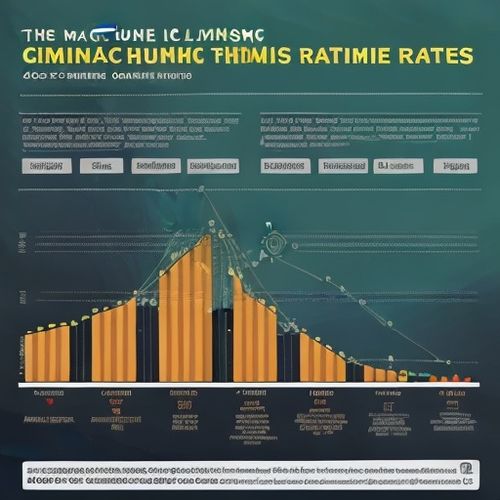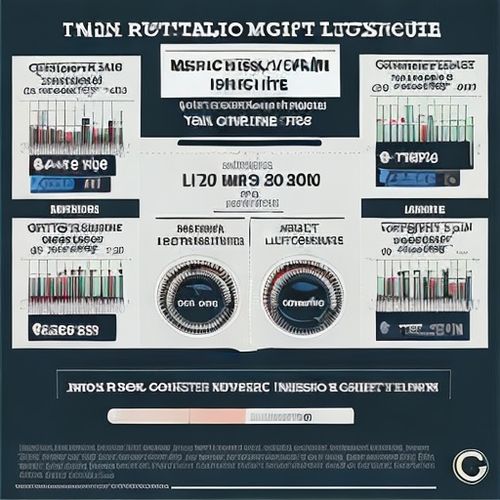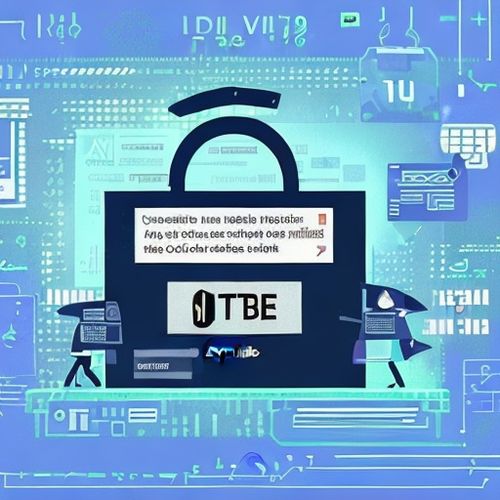Brazil’s ambitious plan to tax street musicians has hit a major roadblock, with authorities collecting only 30% of the targeted revenue. The so-called "street music tax," introduced earlier this year, was designed to regulate and monetize the country’s vibrant informal music scene. However, widespread noncompliance, logistical challenges, and public backlash have left the initiative struggling to gain traction.
The tax, which requires street performers to pay a monthly fee based on their earnings, was initially framed as a way to formalize an otherwise unregulated sector. Officials argued that it would help fund cultural programs and provide musicians with access to social benefits. Yet, the reality has been far from the envisioned success. Many performers have either ignored the requirement outright or found loopholes to avoid payment, leaving the government scrambling to enforce compliance.
Enforcement has proven to be the biggest hurdle. Unlike traditional businesses, street musicians operate without fixed locations or formal records of income, making it nearly impossible for tax authorities to track them effectively. Some artists move frequently between cities, while others perform sporadically, further complicating efforts to monitor their activities. Tax collectors have resorted to sporadic crackdowns in major urban centers, but these efforts have been met with resistance—both from musicians and the public.
Public sentiment has also played a significant role in the tax’s poor performance. Many Brazilians view street music as a cultural staple rather than a taxable enterprise. Critics argue that the policy unfairly targets low-income artists who rely on small donations to make ends meet. Social media campaigns and protests have amplified these concerns, with some activists calling for the tax to be abolished entirely. The backlash has forced lawmakers to reconsider the policy’s structure, though no concrete revisions have been announced.
Another issue lies in the administrative burden of the tax system itself. Street musicians, many of whom lack formal education or access to digital tools, struggle to navigate the registration and payment processes. While the government launched a simplified online portal, poor internet connectivity in rural and low-income areas has limited its effectiveness. Some artists have reported long delays in obtaining permits, further discouraging compliance.
The financial impact of the shortfall is already being felt. Budget allocations for cultural initiatives, which were partially tied to the expected tax revenue, have been slashed. Local music festivals and community arts programs now face funding cuts, exacerbating tensions between the government and the artistic community. Meanwhile, street musicians who did comply with the tax feel disillusioned, questioning whether they will ever see the promised benefits in return for their payments.
Experts suggest that the failure of the street music tax highlights a broader issue with Brazil’s approach to informal economies. Rather than imposing rigid frameworks, they argue, policymakers should engage with affected communities to develop more inclusive solutions. Some propose alternative models, such as voluntary licensing or microloan programs, that could support artists without alienating them.
As debates over the tax continue, one thing is clear: the disconnect between legislation and on-the-ground realities has left the initiative in limbo. Without significant adjustments, Brazil’s attempt to regulate street music may remain little more than a well-intentioned but flawed experiment.

By Ryan Martin/Apr 14, 2025

By Daniel Scott/Apr 14, 2025

By Megan Clark/Apr 14, 2025

By Noah Bell/Apr 14, 2025

By George Bailey/Apr 14, 2025

By Laura Wilson/Apr 14, 2025

By Ryan Martin/Apr 14, 2025

By Grace Cox/Apr 14, 2025

By Amanda Phillips/Apr 14, 2025

By Joshua Howard/Apr 14, 2025

By Emily Johnson/Apr 14, 2025

By Michael Brown/Apr 14, 2025

By Benjamin Evans/Apr 14, 2025

By Megan Clark/Apr 14, 2025

By Lily Simpson/Apr 14, 2025

By Samuel Cooper/Apr 14, 2025

By Olivia Reed/Apr 14, 2025

By Christopher Harris/Apr 14, 2025

By Megan Clark/Apr 14, 2025

By Emma Thompson/Apr 14, 2025